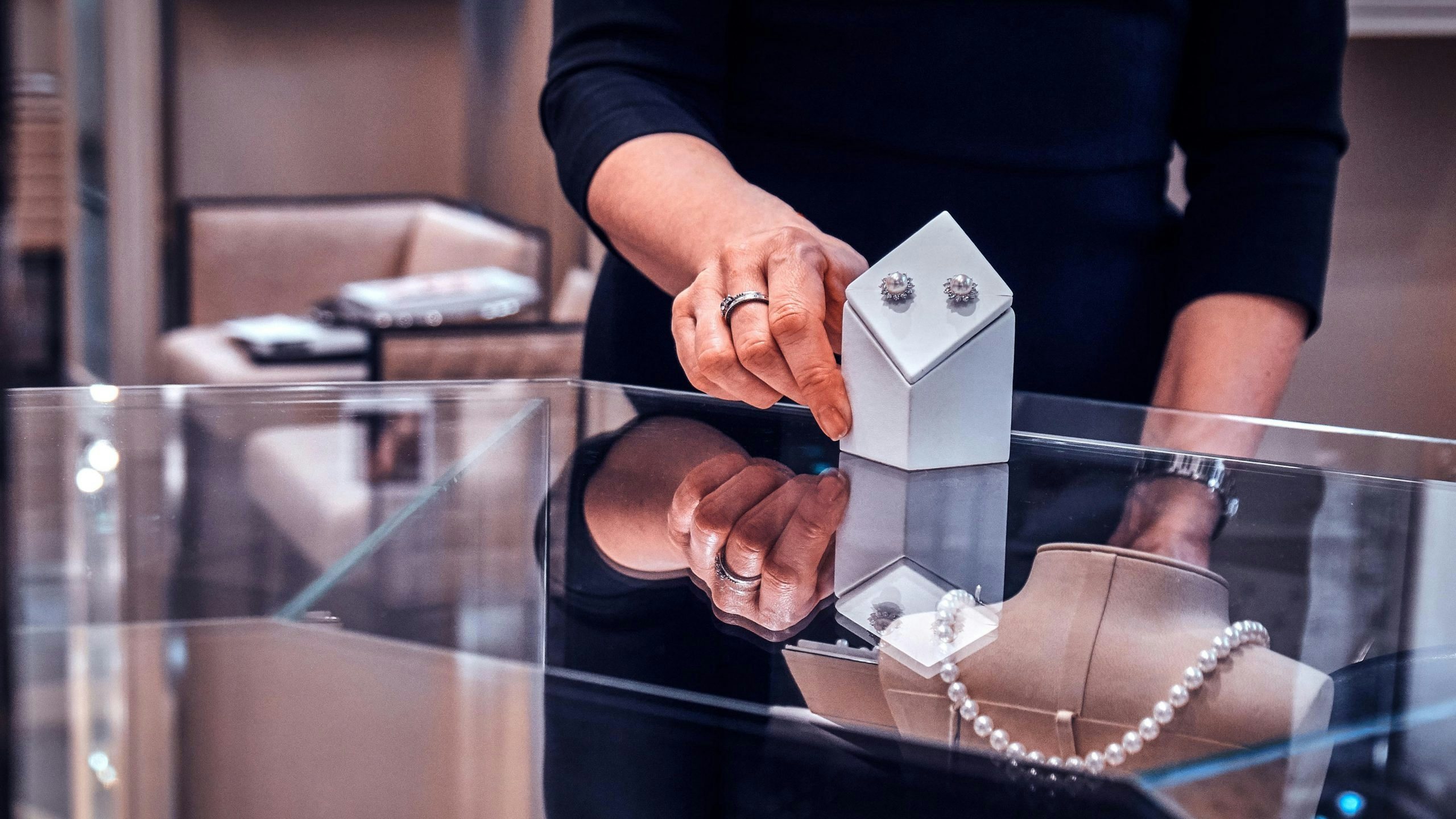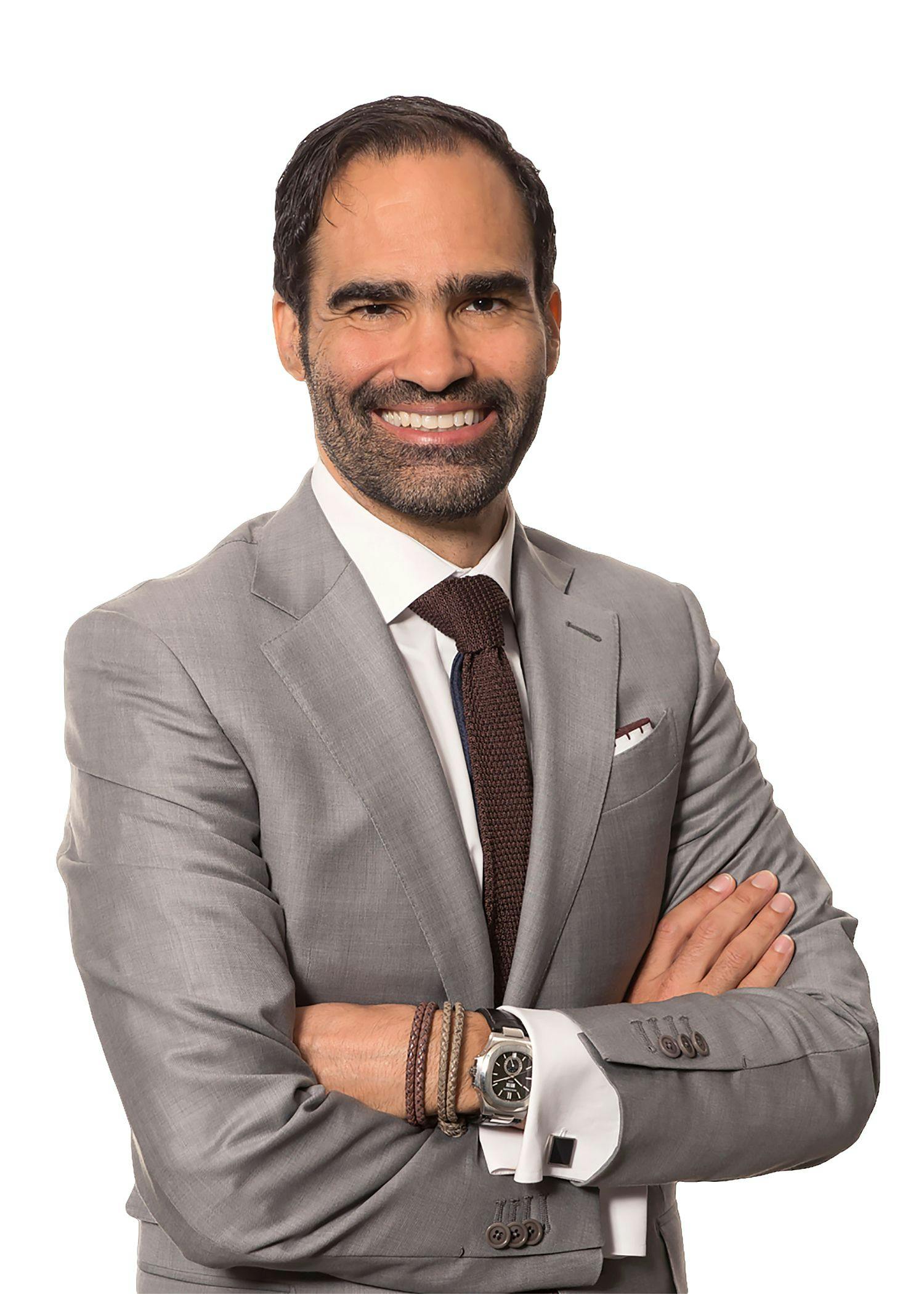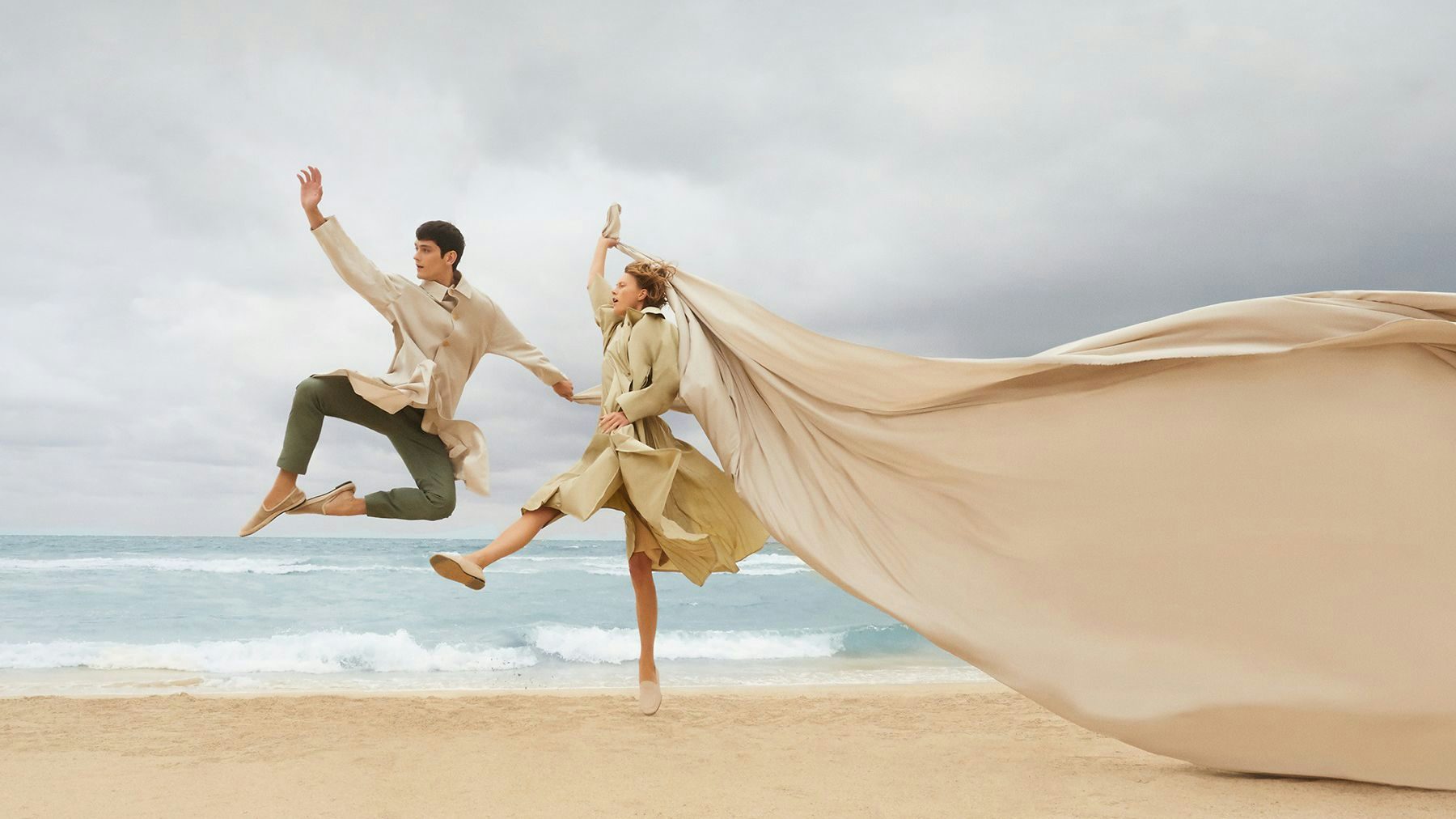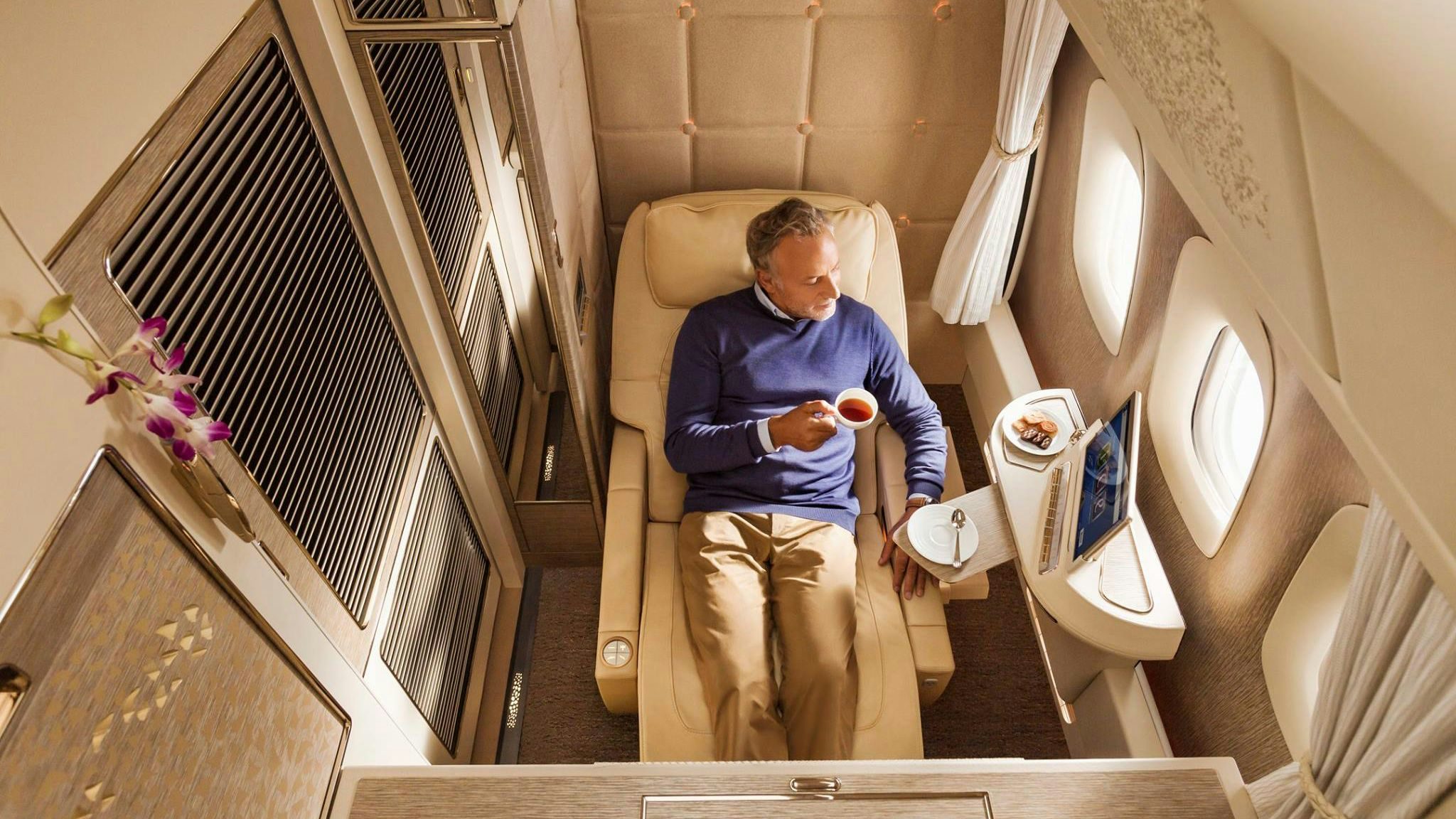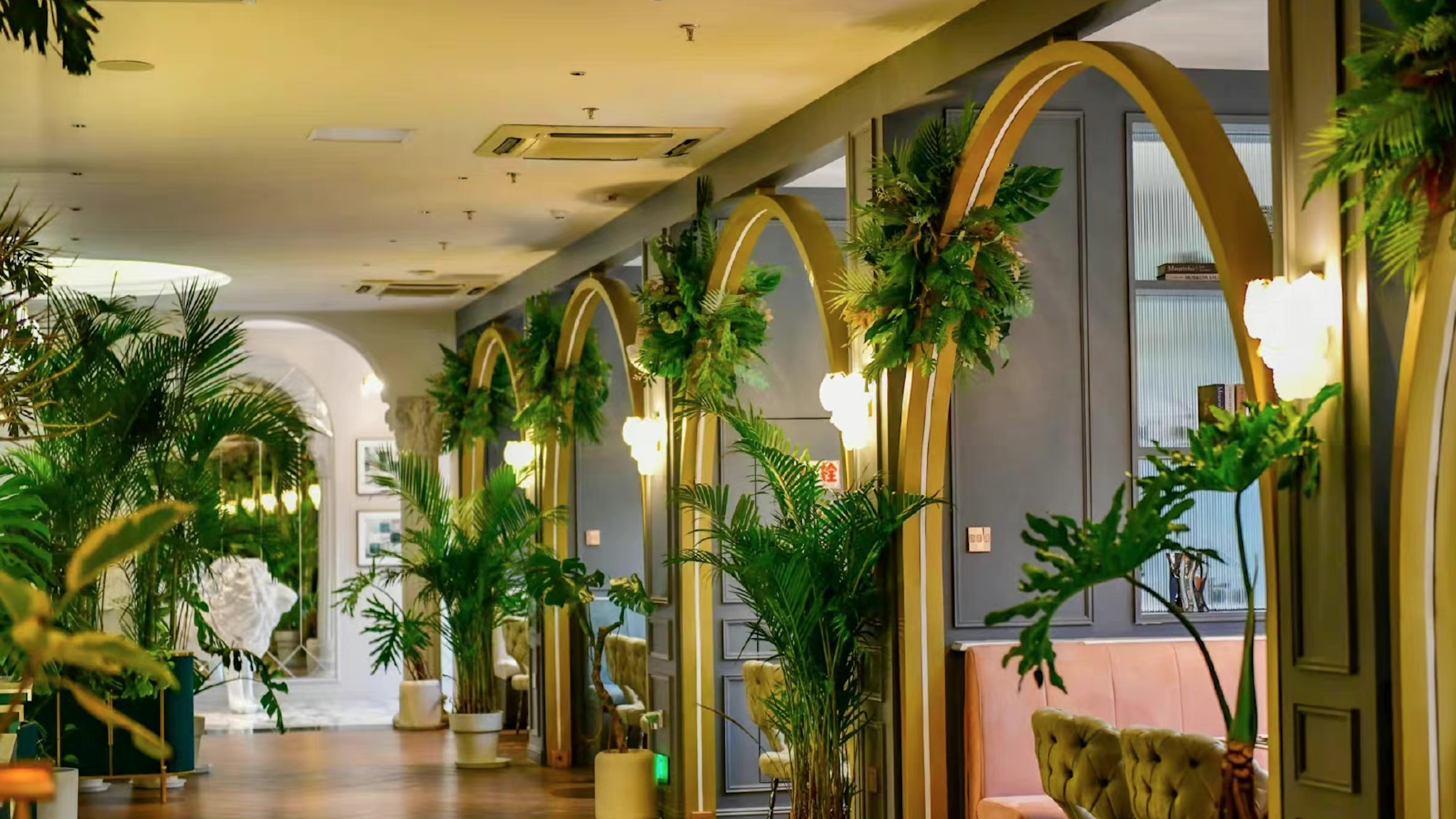We are living in times of acceleration. Not only do technology shifts take place faster and faster — just think about how quickly we adopted crypto, NFTs, and generative AI over the last decade, consumers' expectations are also rising at an unprecedented pace.
Take the growth of sustainability. The expectations for sustainable luxury are not only coming from some of the sector's youngest clientele (Gen Zers, or those under 25 years old at this time) but also its wealthiest clientele. At the recent first Pepperdine Disruptive Luxury Symposium that I hosted, we invited several ultra-wealthy luxury consumers for a round table. For all of them, without exception, sustainability and net-positivity was the number one denominator of their luxury purchases.
In other words, many legacy brands are not just feeling the pressure to change from their future clients but also from their existing top clients. Which explains why so many heritage brands right now are underperforming and suffering.
At the same time, luxury consumers are challenging the core values of brands and making purchase decisions based on how much a brand resonates with their own values. Suddenly, the brand ethos becomes a critical decision factor. However, many brands still over-rely on quality and craftsmanship as selling points, which are the bare minimum in luxury. What most forget is that the total experience counts, or in other words, maximum brand differentiation must take place through the brand story and services.
So, how can brands stand out? First, it all starts with the brand story. When brands are not clear on what they are really selling, what emotional response they want to evoke, and what their clients can do differently through the experience they provide, then there is no way to differentiate.
In the rapidly evolving landscape of the luxury sector, where discerning clients are constantly seeking extraordinary experiences, luxury brands must continually reimagine their strategies to stay relevant and engaging. In my experience advising global luxury brands on value creation, I've found there are five crucial questions that can act as compasses for brands seeking to elevate their client experiences.
Do We Truly Understand Our Clientele?#
Understanding customers is essential for any business, but especially for luxury. That's because — as my extensive academic research shows — luxury is all about the anticipation of a personal perception shift. Fundamentally, it’s about the client. Luxury consumers crave personalized experiences and products that reflect their identity, core values, and lifestyle. Brands must not only know who they are but also harness sophisticated data analytics, investing time and resources to develop a deeper, more nuanced understanding of their clients. And, importantly, they need to make people feel valued on a human level.
Are We Creating Emotional Value?#
In luxury, the value of a product or service extends beyond its physical attributes or functional utility. When I was able to discover Added Luxury Value (ALV) as the most critical value component for clients, it became clear that the only thing that matters in luxury is about how brands make clients feel. It’s opportunity and risk. For most brands it’s the Achilles heel, the reason they underperform.
The true essence lies in the emotional resonance the ALV creates. Luxury brands need to ask themselves whether they are crafting experiences that evoke strong positive emotions and building lasting emotional connections with their clients. The art of storytelling and creating brand-specific immersive experiences can help achieve this, making clients feel they are part of something unique and exclusive.
The main question you have to answer is, are we creating a positive emotional response that reflects our brand values? Before you answer, yes we do, ask yourself if your staff is trained enough and if you have the right incentive systems in place to reward behavior that leads to creating the emotional value you need. In my experience, less than 10% of brands do this deeply enough.
Is Our Brand Experience Consistent Across All Touchpoints?#
Consistency is key in creating a seamless luxury brand experience. Whether it’s in-store, online, or across social media, every interaction a client has with your brand should reinforce its core values and identity. Evaluate every touchpoint in your customer journey to ensure they all contribute towards a unified and consistent brand experience.
I wish I had better news, but one negative interaction at any touchpoint will override years of positive interactions. And, importantly, your most loyal clients are the first to break up if something their expected experience is off. And when they do, they likely never come back and will spend enormous energy to discourage anyone from buying your brand.
How Are We Leveraging Digital Innovation?#
In the age of digital transformation, you need to ask how you are integrating technology into your client experience. Are you leveraging digital channels to provide personalized, on-demand, and seamless experiences? Luxury brands must aim to create mastery in physical and digital experiences.
Importantly, you need to ask the question: Are you wasting the time of your clients when they decide to go to your store? Or are you making a visit exceptional and worth the time and effort they spent? Your clients will hold you accountable.
Are We Continually Evolving with Our Clientele?#
As values shift rapidly and new trends and technologies emerge, luxury brands need to adapt faster than ever before. It's essential to foster an organizational culture that encourages continuous learning, innovation, and agility. For legacy brands, this is a particular weak spot. I hear all the time the mantra of “this is how we always did things.” Complacency is a sure way of being forgotten.
By deeply reflecting on these five questions and creating decisive actions, luxury brands will gain insightful perspectives on their current customer experience strategies and identify areas where significant improvement is needed. I am always amazed at how many insights for dramatic change can be generated by a single straightforward brand audit.
More importantly, luxury brands must come up with new ways of delivering extreme value, nurturing stronger relationships with their clients, and ensuring their brand remains iconic in the ever-changing luxury landscape. Remember, in the realm of luxury, the extraordinary should be the norm, not the exception. To win, you need to go beyond the extraordinary.
This is an opinion piece where all views expressed belong to the author.
Named one of the “Global Top Five Luxury Key Opinion Leaders to Watch,” Daniel Langer is the CEO of the luxury, lifestyle and consumer brand strategy firm Équité, and the executive professor of luxury strategy and pricing at Pepperdine University in Malibu, California. He consults many of the leading luxury brands in the world, is the author of several best-selling luxury management books, a global keynote speaker, and holds luxury masterclasses on the future of luxury, disruption, and the luxury metaverse in Europe, the USA, and Asia.
Follow him: LinkedIn: https://www.linkedin.com/in/drlanger, Instagram: @equitebrands /@thedaniellanger
